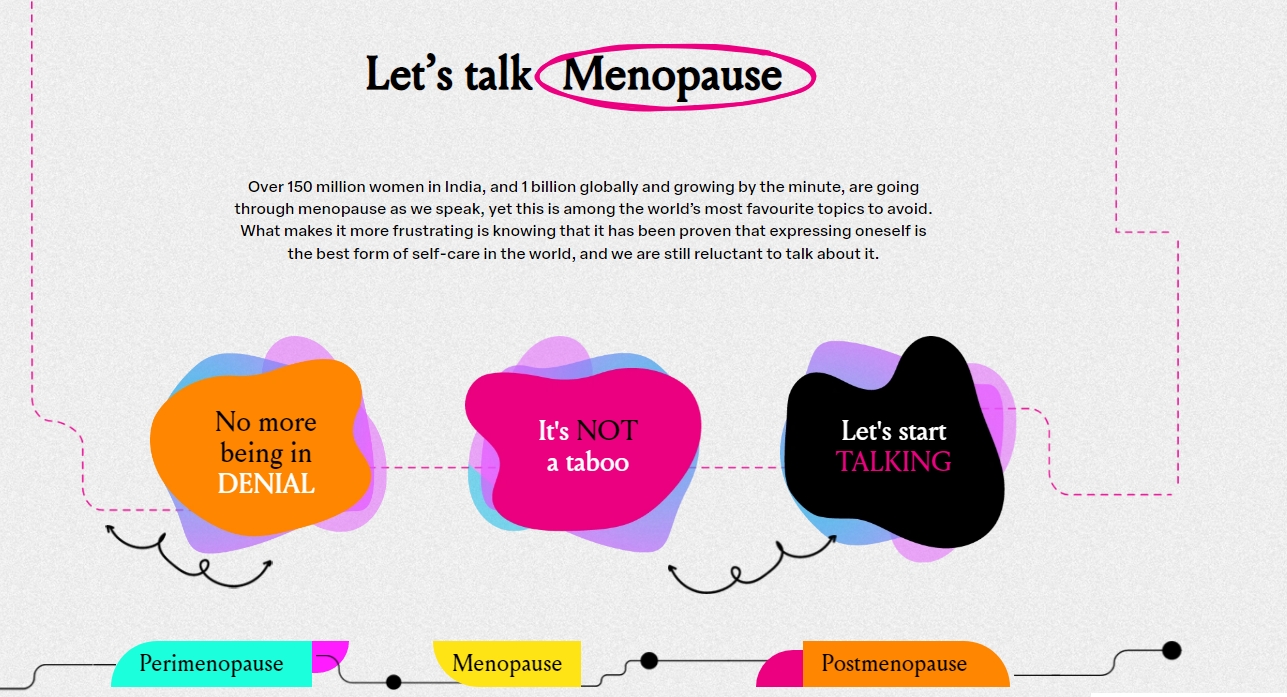Bengaluru, Dec 10 (IANS) Menopause is one of the topics which women always avoid to talk about.
Statistics show that less than one per cent of Indian women seek professional help for menopause-related issues. Sometimes, if these issues are not addressed in time, they can result in grave consequences.
Sanjith Shetty, who’s leading a menopause awareness programme across Karnataka called ‘Miror’, and who is also the President of the Rugby Karnataka Football Union, has taken a step to address this stigmatized subject.
“If a woman had a cut on her hand, everyone would feel empathy. You can see the wound. But hormonal imbalance is inside the body, and no one can see it. It is invisible, and there is no empathy for the pain she suffers inside. That is why we want to normalize the conversation,” he explains.
The Government of Karnataka has signed up with Miror as its exclusive menopause awareness partner for the state. “Karnataka has always been a progressive state. Current Health Minister Dinesh Gundu Rao is taking proactive steps in this regard,” he says.
Sanjith Shetty, through Miror, has run programmes in rural Mandya, Shivamogga, Dakshina Kannada districts. He has also conducted three programmes with the Bengaluru Police.
“The majority of women police officers didn’t know about hormonal imbalance. The police officers couldn’t believe it and asked, ‘Will all this really happen?’” he explains.
“Every woman will go through this phase, and there is no escape. Sometimes it lasts for two to three decades. During the menopause period, women experience symptoms ranging from depression, anxiety, irritability to mood swings, hot flashes, actual night sweats, UTI, bloating, weak bones, brain fog, forgetfulness, and it is also being tied to dementia, weak heart, and so on,” Sanjith explains.
“There are solutions to avoid these consequences. I was shocked to know that no one is seeking them. I, with the team, started looking into what is being done in this regard in foreign countries. The UK is the leader in this. They have gathered data and shown that one out of eight women fall out of the workplace because they feel less confident and step out of the workplace.
When men are racing ahead, women feel their bodies are not supportive and fall out. For me, it is high time; why not something come from India. This is an era of made in India; why not first impact, educate, and normalize the conversation,” he stated.
“Some women think it is a natural phase and nothing can be done. My mother has severe migraines, weak bones; before her menopause, no one was there to guide her, to take preventive measures so that in her 60s and 70s she does not have to be falling and breaking bones or dealing with forgetfulness or headaches. This is all hormone-related,” Sanjith explains.
This propelled him to take up an initiative. “I really believe if a father, husband, brother, son understand what the woman in the house is undergoing, she immediately gets a support structure. The problem is men are not educated,” he says.
Sanjith and his team studied the good work of 380 companies regarding women’s menstrual health and maternal health around the globe, and their dream child ‘Miror’ Company was born. In a short period, it has gained 15,000 followers.
“We saw a sudden silence around the phase when women give birth. From mid-30s onwards, which is perimenopause, menopause, and beyond. Today, breast cancer is such an important and hotly debated, researched sector as it is a killer. Some women will go through trauma. But, every woman on this earth will go through menopause, and it’s not discussed at all,” Sanjith explains.
There should not be any fear or shame. Women, whether they are going through it but don’t want to acknowledge it. Today menopause is linked to old age, and women don’t like to be considered old. This is a taboo; Sanjith says this myth should be broken.
The Indian Menopause Society has a programme called ‘Club 35’. After the age of 35 years, a woman should be aware of hormonal health. “Please don’t think menopause and perimenopause are old woman phenomena. The care should start in mid-30s, and that is what I am trying to talk about,” Sanjith explains.
“In the perimenopause phase, women have to regularize their hormonal levels. They have to improve it, exercise, and eat properly. All these things will help them conquer the dreaded phase called menopause.
“What many people don’t realize is that there is the Indian Menopause Society. There are 4,000 doctors who are menopause specialists. All I do through ‘Miror’ is gather all the information, connect to doctors, and make sure that a woman is heard,” he says.

